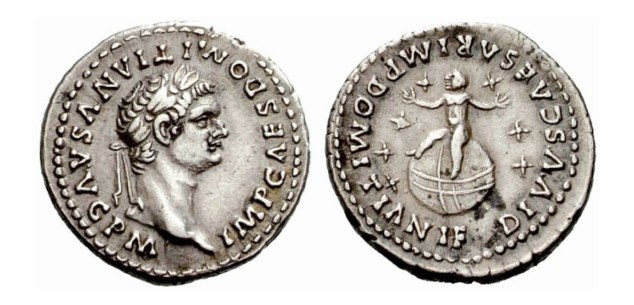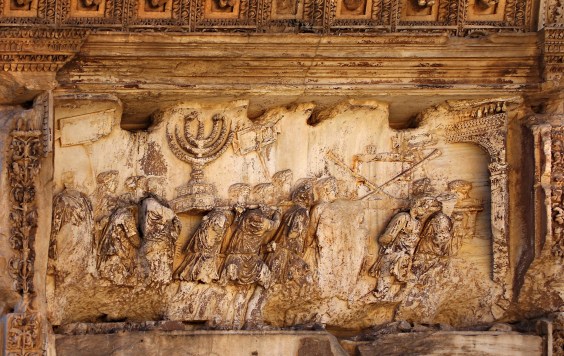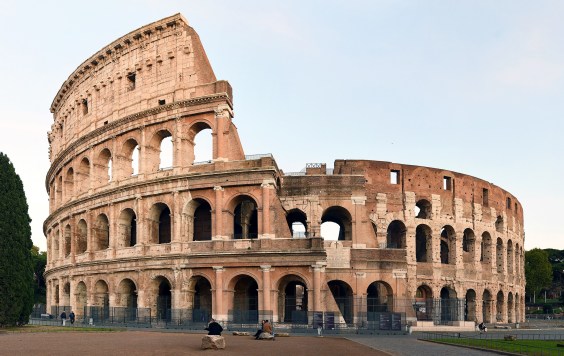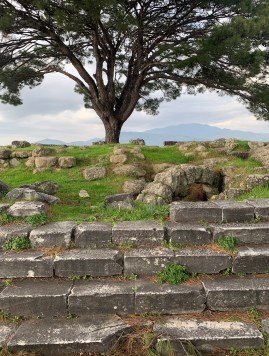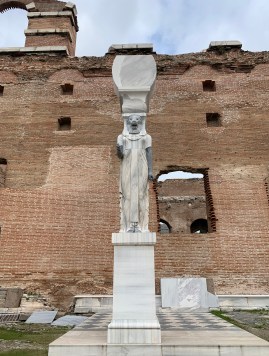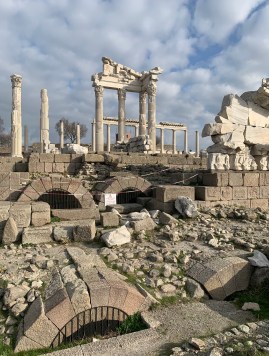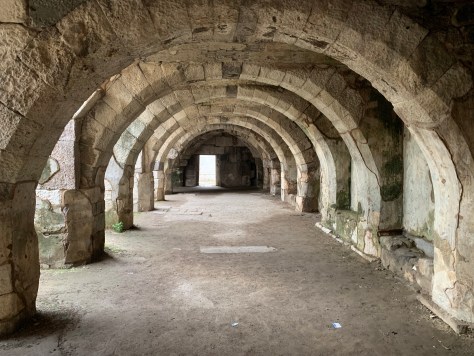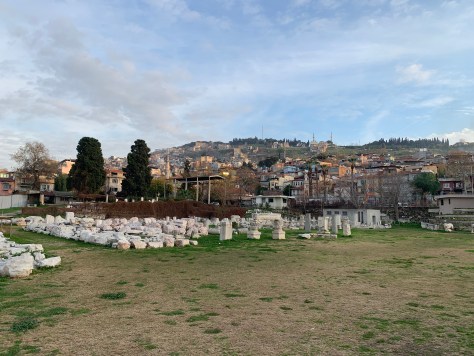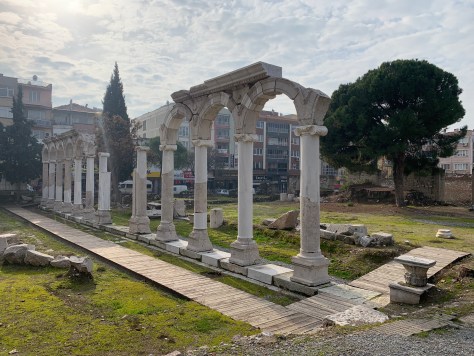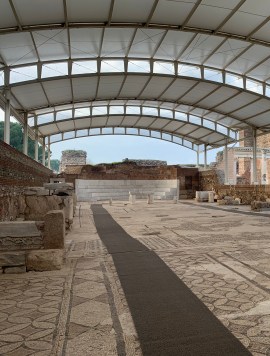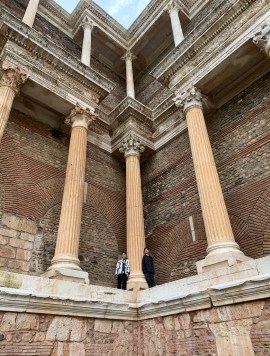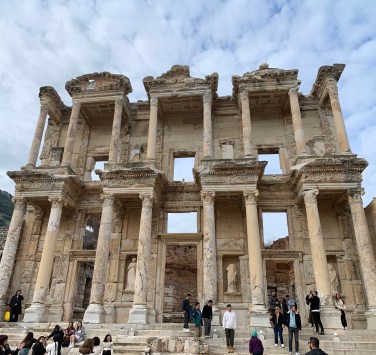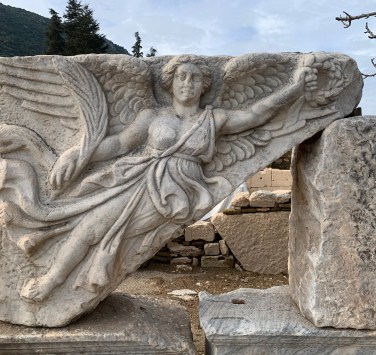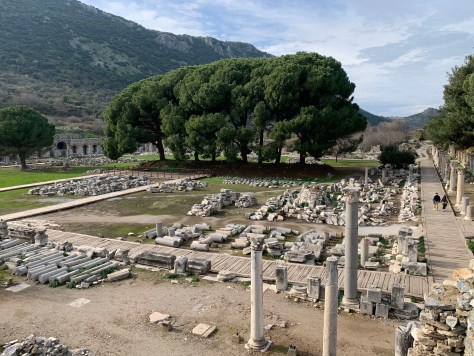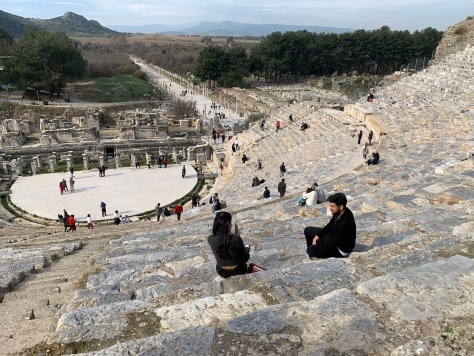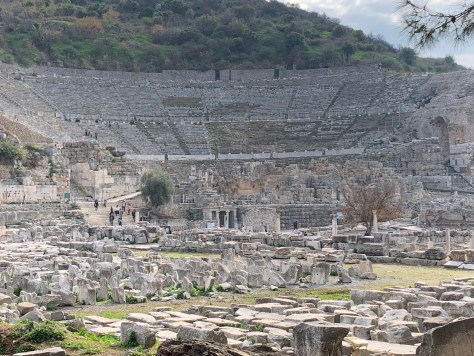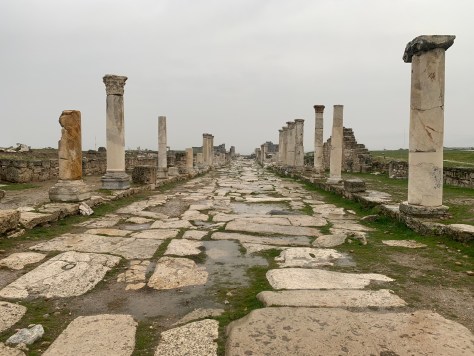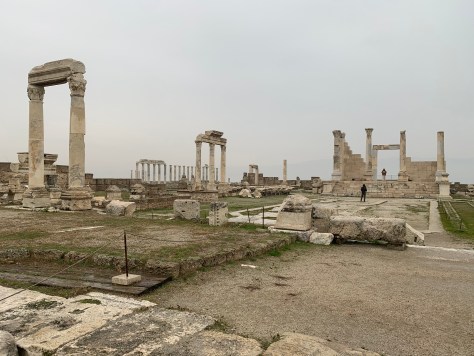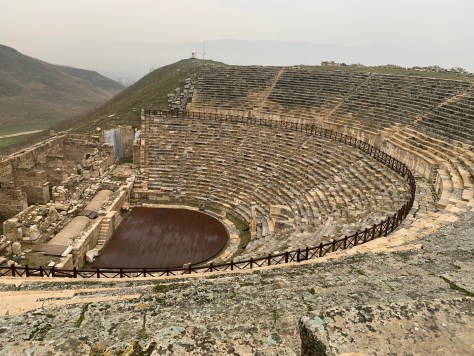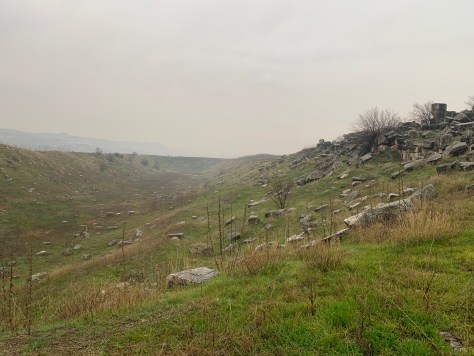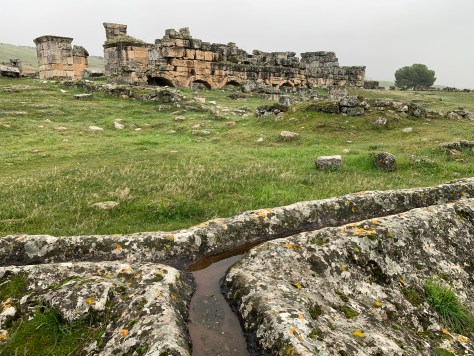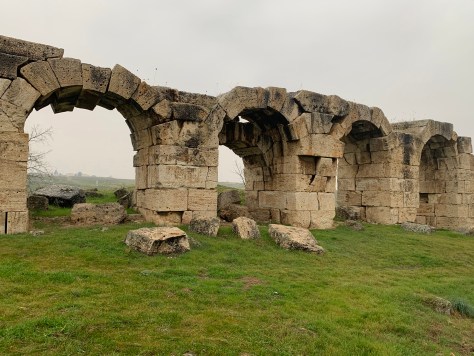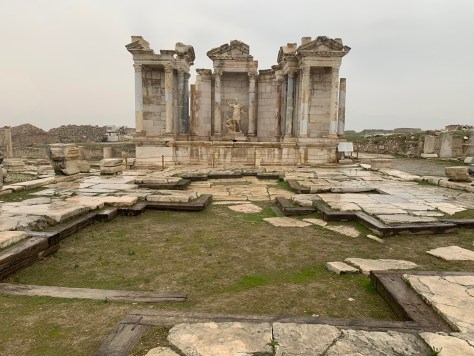In his 1990 essay collection, Wendell Berry considered the question “What are people for?” The answer, in true Berry fashion, is a beautifully intricate web of answers that add up to human flourishing.
That flourishing is connected to the flourishing of the environment around us, and this answer also has deep theological roots. God’s promises in the Old Testament repeatedly revolved around blessing the land and the people together, not separately. We flourish when planted, rooted, and nurtured together, with others around us. Most of all, we flourish when rooted not only in human community but also in a covenant with God.
From the premise that people are made for flourishing, we can ask the same question about specific human roles, like that of a parent: “What are parents for?” What guidelines does the Bible offer in answering this question?
The timing of my exploration is not accidental. Over the past couple of years, I’ve seen vicious attacks within Christian circles against Christian parents who embrace public schooling and those who choose homeschooling.
And there’s no shortage of other parenting wars, both within the church and outside of it. Parenting Facebook groups have become legendary for all the wrong reasons. They’re the place to berate and be berated for every parenting choice imaginable: breastfeeding or bottle, Tylenol or no, travel sports or local only. Outspoken anti-vaxxers meet weekend-warrior dewormers meet all-natural-raw-foodists and many, many more—each convinced that their answer alone will save not only their children but also the world.
It would be funny, except the anxiety is far too real for anyone to be laughing. There’s no essential oil blend to help with this.
I contend that, like so many other problems we face, this one is theological at its root. We’ve lost track of any real theological imagination for understanding the purpose of parents. That’s true of the church and our broader society today, and we are the worse for it.
True, the Bible isn’t an encyclopedically precise instruction manual—you can’t just go to the index, look up “public schools” or “vaccinations” or “diapering options,” and find out exactly what the Lord has ordained on each particular issue. And if that’s what we are hoping to find, even subconsciously, that’s another problem that lies with us. It means we’re viewing parenting as a set of instrumentalized tasks—to feed, to wash, to chauffeur to activities—and losing track of the larger vision, a true calling for a purpose much larger than any list of tasks.
As it happens, the Bible does offer such a vision: Parents are called to be stewards of our children. Whether we’ve given birth to these children ourselves or have adopted or fostered them, we receive them as a gift for just a short time. During this time, we are but stewards appointed by God to hold in trust the treasure we have been given: image-bearers with immortal souls! At the end of their growing-up years, in most cases, off they go, on to adulthood.
But—and this is key—while the Bible’s teaching on this overall vision is clear, we also see repeatedly that there is more than one way to be a faithful steward.
In one of the most poignant passages, the opening section of the Shema prayer and the instructions that follow it in Deuteronomy 6:4–25, we learn of parents’ obligation to teach our children constantly about God, at home and outside, sitting and lying down and walking about during the day. Children raised in such households will ask earnest spiritual questions:
In the future, when your son asks you, “What is the meaning of the stipulations, decrees and laws the Lord our God has commanded you?”tell him: “We were slaves of Pharaoh in Egypt, but the Lord brought us out of Egypt with a mighty hand.Before our eyes the Lord sent signs and wonders—great and terrible—on Egypt and Pharaoh and his whole household. But he brought us out from there to bring us in and give us the land he promised on oath to our ancestors.The Lord commanded us to obey all these decrees and to fear the Lord our God, so that we might always prosper and be kept alive, as is the case today. And if we are careful to obey all this law before the Lord our God, as he has commanded us, that will be our righteousness.” (Deut. 6:20–25)
We see here that it is our duty as parents to keep teaching our children about God at every chance we get. It is also our duty to be prepared to answer deep theological questions from our children when they inevitably arise.
Without parental teaching, the passage implies, how would the next generation even know anything about God? This makes the task of theological education and spiritual formation that is entrusted to parents all the more urgent and necessary. The loss of key theological truths is always just one generation away.
This process of telling children about God through every activity imaginable adds up to what we today call discipleship. Though direct teaching is commanded, too, this modeling of the Christian life is primarily caught, not taught. It’s through everyday life in family, in other words, that children learn to follow Jesus. Designated times set apart for explicitly spiritual things are not enough.
Of course, another way to see it is that all of family life itself is a designated time set apart for discipleship. Every moment of life is God’s, and we as parents should model this truth. Such discipleship is how we live out our call to be faithful stewards of our children.
God expects much from those to whom he has given a trust, 1 Corinthians 4:2 reminds us. The parable in Matthew 25:14–30 elaborates further. In this story, Jesus tells of a master who entrusted various amounts of gold to three different stewards—to each “according to his ability.” Two of them invested the funds and made a profit, earning praise and further rewards. But the third simply hid the gold in the ground and returned it to the master exactly as he had received it, without any profit. He earned a harsh rebuke for his laziness.
Presented in a series of stories illuminating God’s kingdom, this parable is not about the virtues of wise financial investment. The real investment, rather, is in people. The stewards are—or should be—sharing and growing their knowledge of God. That includes parents teaching our children in word and example, preparing them to become thoughtful believers themselves.
Other passages also describe the high expectations God has for stewards to whom he entrusts serious responsibilities. And yet, Matthew 25 also makes it clear that there’s more than one way to be a good steward. Not every praiseworthy steward made the same decision, yet as long as they each wisely invested the treasure given to them, the master was happy.
Of course, we could also note the many unfortunate stories of parents and children throughout the Bible. These are examples of what happens when parents do not steward our children well.
This is a major theme of 1 and 2 Kings, where the kings of ancient Israel repeatedly appear to be terrible fathers who neglect their children’s spiritual education, largely ignoring their sons except when considering their potential as heirs. The result is one disastrous king after another, failures not only in spiritual terms but also by any earthly metric. And in each of those cases, Scripture describes spiritual and relational failures within the family. The problem is never the sort of parenting choices we bicker about: education styles, sports teams, or diet.
I’ve written before about the strong preferences that I have for my children, the image-bearers I have personally been called to steward and disciple together with my husband. But my investment choices are not what every other good and faithful steward will select, and Christian parents have the right and responsibility—spiritually as well as legally—to make those investment choices for themselves, informed by prayer, Scripture, and sound counsel as needed.
This knowledge of God’s praise for stewards with varying investment strategies should reconcile us to differences in parental and educational decisions among Bible-believing Christians. We need not all steward identically to be faithful servants.
Nadya Williams is the author of Cultural Christians in the Early Church and Mothers, Children, and the Body Politic: Ancient Christianity and the Recovery of Human Dignity (IVP Academic, 2024).










































